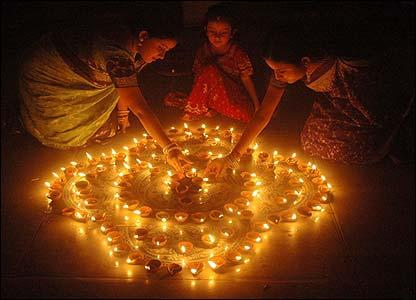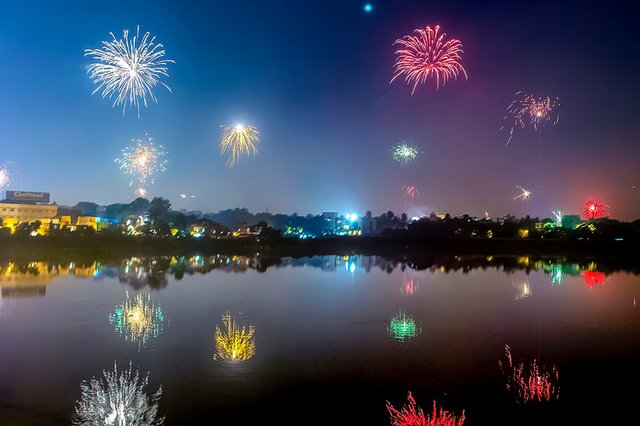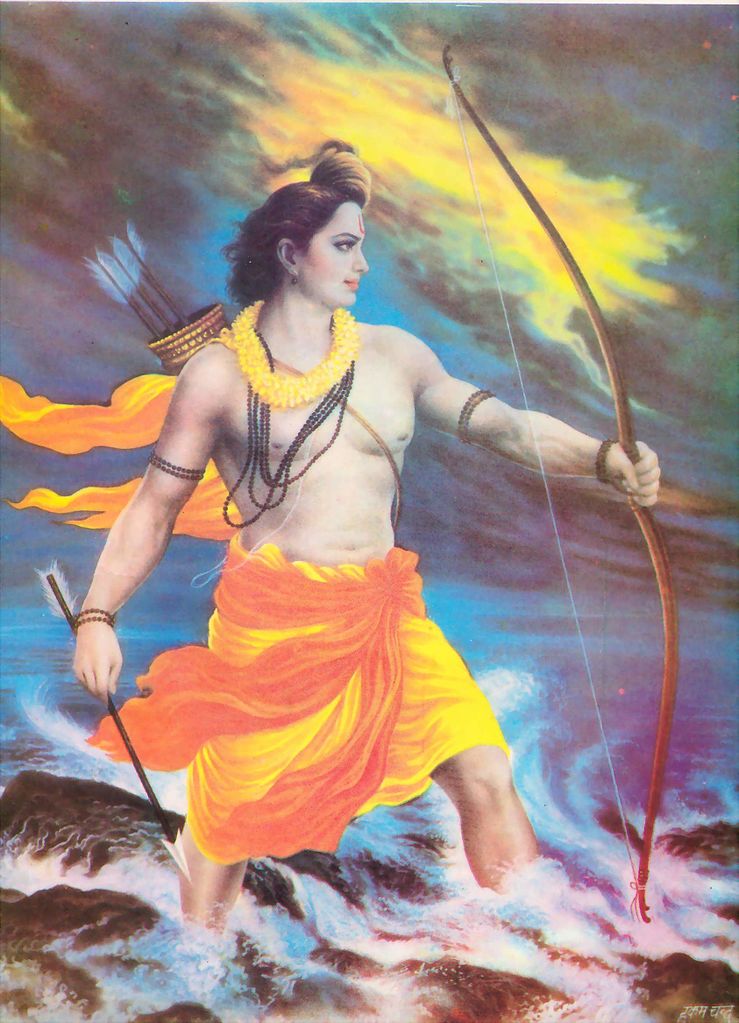Indian festivals | Diwali - The festival of light and its significance
Diwali - The festival of lights
Diwali is an Indian festival which is celebrated in the autumn season is literally the festival of lights.

Diwali which is also called Deepawali signifies the victory of good over evil, light over darkness, knowledge over ignorance and hope over despair.
The rituals
The festival preparations and rituals typically extend over a five-day period, but the main festival night of Diwali coincides with the darkest, new moon night of the Hindu Lunisolar month Kartika in Bikram Sambat calendar. In the Gregorian calendar, Diwali night falls between mid-October and mid-November.
The name of festive days as well as the rituals of Diwali vary significantly among Hindus, based on the region of India. In many parts of India, the festivities start with Dhanteras (in Northern and Western part of India), followed by Naraka Chaturdasi on second day, Deepavali on the third day, Diwali Padva dedicated to wife–husband relationship on the fourth day, and festivities end with Bhai Dooj dedicated to sister–brother bond on the fifth day. Dhanteras usually falls eighteen days after Dussehra(which is another festival).
Even if the rituals are quite varied, these things are usually done by everyone:
Before Diwali night, people clean, renovate, and decorate their homes and offices. On Diwali night, people dress up in new clothes or their best outfit, light up diyas (lamps and candles) inside and outside their home, participate in family puja (prayers) typically to Lakshmi – the goddess of fertility and prosperity. After puja, fireworks follow, then a family feast including mithai (sweets), and an exchange of gifts between family members and close friends.

Diwali fireworks in Chennai.
The prayers
The prayers too vary widely. Here's and example:
Asato ma sat gamaya | (असतो मा सद्गमय ।)
Tamaso ma jyotir gamaya | (तमसो मा ज्योतिर्गमय ।)
Mṛtyor ma amṛtam gamaya | (मृत्योर्मा अमृतं गमय ।)
Om shanti shanti shantihi || (ॐ शान्तिः शान्तिः शान्तिः ॥)
Which when translated means:
From untruth lead us to Truth.
From darkness lead us to Light.
From death lead us to Immortality.
Om Peace, Peace, Peace.
Diwali And Shri Ram of Ayodhyaa

The most famous legend behind the celebrations of Diwali is about the prince of Ayodhya Nagri - Lord Shri Ram. According to the legend, the king of Lanka, Ravan, kidnapped Lord Ram's wife (Sita) from the jungle, where they were staying as per the instructions of King Dashratha, father of Lord Ram. Then Ram attacked Lanka, killed Ravan and released Sita from the custody. He returned to Ayodhya with his wife Sita and younger brother Lakshamana after fourteen years.
Therefore, the people of Ayodhyaa decorated their homes as well as Ayodhyaa, by lighting tiny diyas, in order to welcome their beloved prince Shri Ram and Devi Sita. It was the day of 'Kartik Amavasyaa' when they also celebrated the victory of Shri Ram over the King of Lanka, Ravan. Ram is considered the symbol of good and the positive things and Ravan represents the evils. Therefore, Diwali is considered the festival, which establishes the victory of good over the evil. On the night of Diwali, people light diyas, which is again an icon of positive energy to conquer darkness, the is symbol of negative energy.
Thank you for reading. If you liked it feel free to upvote, comment and resteem!
Follow me for more!
Image source:Wikipedia
Article source: My own knowledge and a little help from Wikipedia. Read more here: Diwali
When sourcing, don't just type in "wikipedia" cause everyone then would just type "google/wikipedia" as their source. Add a link to where you found the image or text that helped you write the article + readers who want to know more about it can get there quickly and don't have to search for it themselves.
Edited. Thanks, I'll keep that in mind.
I enjoyed so much. Thank you for gifting us a so lovely post about Diwali.
You're welcome. We Indians should try to promote out culture here on steemit :)
Really nicely presented. Great work Rahul. Following you now :)
Thank you!